Divided loyalties.
It is September 3, 1861, and Kentucky’s neutrality in the American Civil War has come to an end.
While the six-month-old war had pitted state against state, in Kentucky, the war had turned brother against brother.
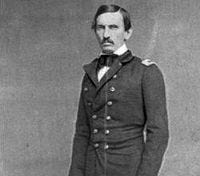
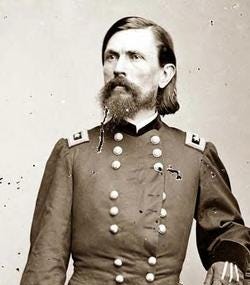
Both Lincoln and Jefferson Davis had been born in Kentucky.
Views on slavery varied.
Twenty percent of Kentuckians were enslaved people.
And many who weren’t themselves enslavers nevertheless considered slavery necessary for the state’s economy.
But a strong current of nationalism was present in Kentucky, too.
So, to maintain a delicate balance, the legislature declared its official neutrality soon after the war broke out in April 1861.
Kentucky was a border state on the Ohio River, and geography made it important to both the North and the South.
After the war broke out, troops on both sides of Kentucky began building fortifications.
But the Confederate forces made a big mistake.
Confederate General Leonidas Polk, an Episcopal bishop and West Point classmate of Jefferson Davis with no military experience, marched his forces into Columbus, Kentucky, on this date in 1861.
The invasion tipped the scales.
And the Kentucky legislature, dominated by Unionists, asked the federal government to intervene to drive the Confederate forces out of the state.
So, in comes Ulysses S. Grant.
Then a brigadier general, Grant commanded the 21st Illinois Volunteer Regiment.
After Polk’s invasion, Grant and his men crossed the Ohio River and advanced into Kentucky.
And within days, Grant’s forces occupied the strategic cities of Paducah, on the Tennessee River, and Southland, on the Columbia River.
Grant’s achievement was significant.
Grant had opened the door to the Confederate state of Tennessee.
And Kentucky, never having seceded, would remain in the Union.
Grant’s reputation as a fighter was made.
From a letter Grant wrote to his father in April 1861, a few days after the war had started:
"We have a government and laws and a flag, and they must all be sustained.
“There are but two parties now, Traitors and Patriots."
This development is Kentucky was significant.
And it brought Grant to Lincoln’s attention.
From a letter Lincoln wrote a few days later:
“I think to lose Kentucky is nearly the same as to lose the whole game.
“Kentucky gone, we can not hold Missouri, nor, as I think, Maryland.
“These all against us, and the job on our hands is too large for us.
“We would as well consent to separation at once, including the surrender of this capitol.”
By early 1862, most of Kentucky was under Union control.
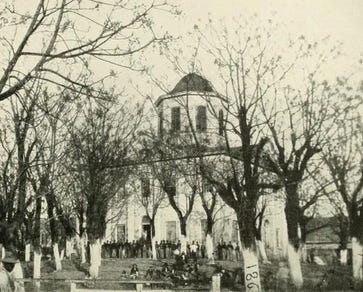
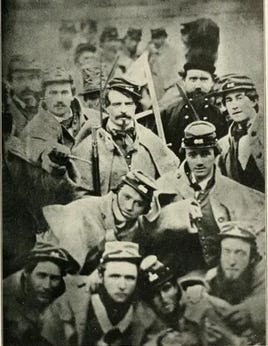
But much fighting and heartache lay ahead.
In 1861, even the preachers encouraged bloodshed.
In a September 1861 diary entry, New York lawyer George Templeton Strong describes his visit to the Washington encampment of a Rhode Island regiment.
There, a clergyman conducted a religious service for the troops.
And this is what he told them:
“There were several ways of serving God, varying according to one’s position and surroundings,
“and that their way, at this particular crisis, was to obey orders and to fight like the devil.”
Everyone was sure God was on their side.
******************************
I’ll see you tomorrow.
— Brenda






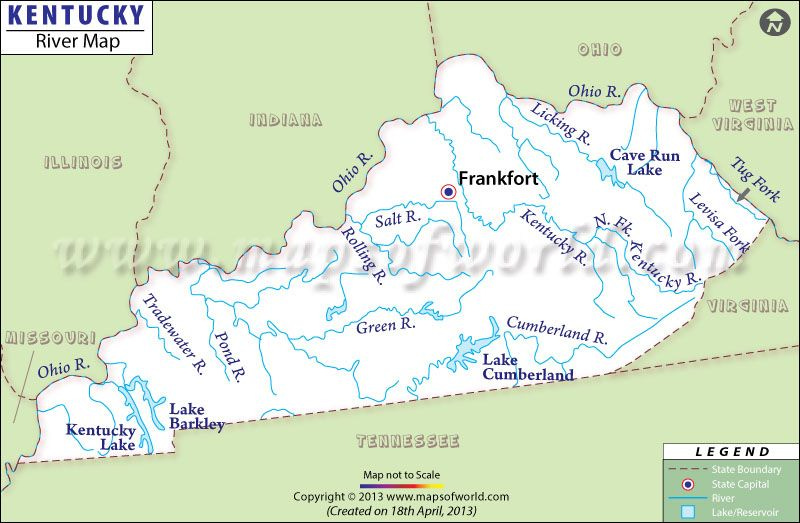



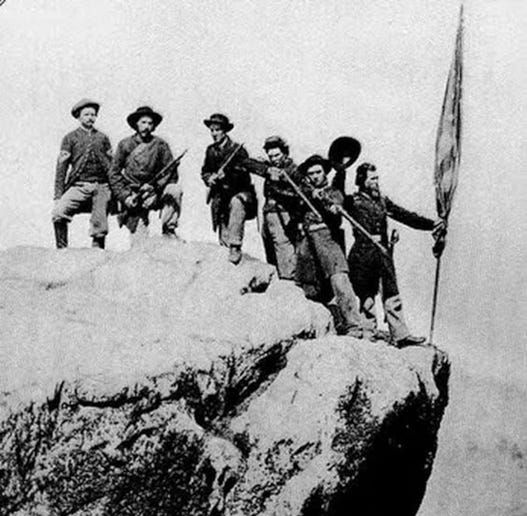


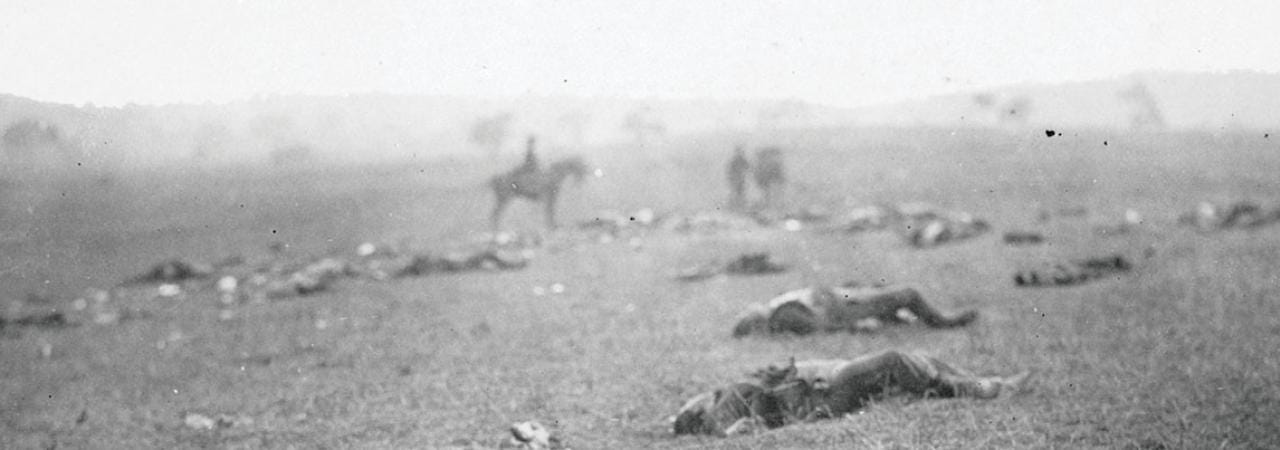









Share this post